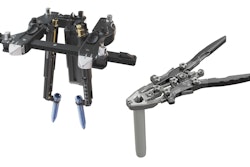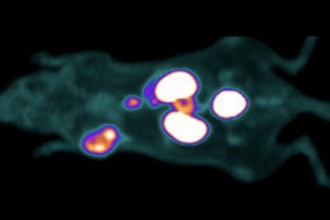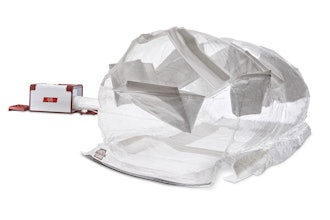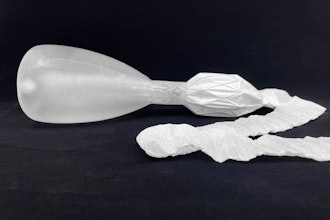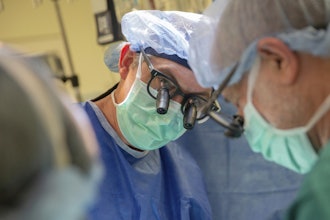
Virtual Incision Corporation, the developer of the world’s first miniaturized robotic-assisted surgery (RAS) system, announced a $30 million extension to its previous $46 million Series C financing. The round was led by current investors Bluestem Capital, Endeavour Vision, Baird Capital, cultivate(MD) Capital Funds, and PrairieGold Venture Partners, as well as new health-tech investors Arboretum Ventures and InVivium Capital.
Concurrent with the extension, Virtual Incision has appointed Tom Shehab, MD, managing partner from Arboretum Ventures, as a member of its board of directors, and Amy Kobe, general partner from InVivium Capital, as a board observer.
The $30 million funding extension will support the company’s operations well into 2025 as it seeks to disrupt the industry with miniaturized RAS (miniRAS). miniRAS aims to deliver the capabilities of traditional RAS systems through a form factor small enough to fit in a surgical tray. The compact, capable, and convenient design is uniquely positioned to expand RAS to the millions of patients who do not have access to the technology today.
This funding comes on the heels of a series of significant milestones toward commercial readiness of the MIRA Surgical System. Earlier this year, Virtual Incision completed an Investigational Device Exemption (IDE) clinical study for MIRA’s use in bowel resection and announced that its De Novo request is under substantive review by the U.S. Food and Drug Administration (FDA). If granted marketing authorization, the company plans to initiate a limited launch of MIRA across select U.S. centers.
Virtual Incision is focused on advancing patient access to RAS, especially in routine and high-volume procedures, many of which are performed in outpatient and ambulatory surgery centers. The investment will be used to support this mission through a gynecologic clinical study planned for 2024. The company will also continue to develop a smaller iteration of the minibot to enable additional general surgery applications with a first-in-human clinical study expected next year.
In the near term, Virtual Incision will support a collaboration between NASA and the University of Nebraska-Lincoln to lay the foundation for performing telesurgery in space. A modified version of MIRA will board the International Space Station to perform simulated surgical tasks from a microwave-sized locker, a feat made possible by its RAS capabilities in miniaturized form.





